Reaching your sixties brings new opportunities to prioritize your health through smart food choices. Nutritionists and doctors agree that certain superfoods can help maintain energy, protect against age-related diseases, and support overall wellness as we age. These nutrient-packed foods offer powerful benefits that become even more important after 60. Simple changes to your daily meals can make a real difference in how you feel and function.
1. Berries (Blueberries, Raspberries, Strawberries)
Nature’s candy comes packed with antioxidants that fight inflammation and protect brain cells from damage. Research shows that people who eat berries regularly have better memory and thinking skills as they age.
The deep colors signal high levels of anthocyanins, compounds that support heart health and may reduce cancer risk. Fresh or frozen varieties work equally well in smoothies, yogurt, or oatmeal.
Just one cup daily provides vitamin C, fiber, and natural sweetness without added sugars. Your taste buds and body will thank you for this delicious health boost.
2. Leafy Greens (Spinach, Kale, Swiss Chard)
Powerhouse vegetables like spinach and kale deliver more nutrition per bite than almost any other food. These dark leafy greens contain folate, which helps prevent memory loss and supports healthy blood cells.
Vitamin K in these greens keeps bones strong and may reduce fracture risk. The iron content helps prevent anemia, a common concern for older adults.
Steam them lightly to preserve nutrients, or add raw baby spinach to salads and smoothies. Even people who dislike vegetables often enjoy these greens when prepared with garlic and olive oil.
3. Greek Yogurt
Creamy Greek yogurt contains twice the protein of regular yogurt, helping maintain muscle mass that naturally declines with age. The probiotics support digestive health and may boost immune function.
Calcium and vitamin D in fortified varieties strengthen bones and teeth. The protein also helps you feel full longer, making weight management easier.
Choose plain varieties to avoid added sugars, then sweeten naturally with berries or honey. This versatile food works perfectly for breakfast, snacks, or as a substitute for sour cream in recipes.
4. Fatty Fish (Like Salmon, Mackerel, or Sardines)
Swimming with omega-3 fatty acids, salmon and other fatty fish protect your heart and brain like nothing else can. These healthy fats reduce inflammation throughout your body and may lower dementia risk.
Regular fish consumption helps maintain healthy blood pressure and cholesterol levels. The high-quality protein supports muscle strength and repair.
Aim for two servings weekly, whether grilled, baked, or canned. Sardines and mackerel offer similar benefits at budget-friendly prices, while wild-caught salmon provides premium nutrition for special occasions.
5. Beans and Lentils
Humble legumes pack an impressive nutritional punch with plant-based protein, fiber, and essential minerals. The soluble fiber helps lower cholesterol and stabilizes blood sugar levels throughout the day.
Folate in beans supports brain health, while potassium helps regulate blood pressure. The protein content makes them excellent meat alternatives for budget-conscious meals.
Canned varieties offer convenience, though dried beans cost less and taste better when you have time to cook. Add them to soups, salads, or enjoy as hearty main dishes with rice or vegetables.
6. Nuts (Walnuts, Almonds, Pistachios)
Crunchy nuts deliver healthy fats that support brain function and heart health. Walnuts specifically contain alpha-linolenic acid, a plant-based omega-3 that fights inflammation and may improve memory.
The vitamin E in almonds protects cells from damage, while magnesium supports bone health and muscle function. Pistachios provide potassium for healthy blood pressure.
A small handful daily provides lasting energy without blood sugar spikes. Choose unsalted varieties to control sodium intake, and store them properly to maintain freshness and prevent rancidity.
7. Avocados
Creamy avocados provide monounsaturated fats that support heart health and help your body absorb fat-soluble vitamins from other foods. The potassium content exceeds that of bananas, supporting healthy blood pressure.
Fiber in avocados promotes digestive health and helps you feel satisfied after meals. The lutein and zeaxanthin protect eye health, becoming increasingly important with age.
Spread on toast, blend into smoothies, or add to salads for instant nutrition boost. Despite their reputation as high-calorie, the healthy fats actually support weight management when eaten in moderation.
8. Whole Grains (Quinoa, Oats, Brown Rice)
Complex carbohydrates from whole grains provide steady energy without blood sugar roller coasters. The fiber content supports digestive health and helps maintain healthy cholesterol levels.
B vitamins in whole grains support brain function and energy metabolism. Magnesium and selenium act as antioxidants, protecting cells from damage associated with aging.
Replace refined grains gradually to allow your digestive system to adjust. Quinoa cooks quickly and provides complete protein, while oats make satisfying breakfast options that keep you full until lunch.
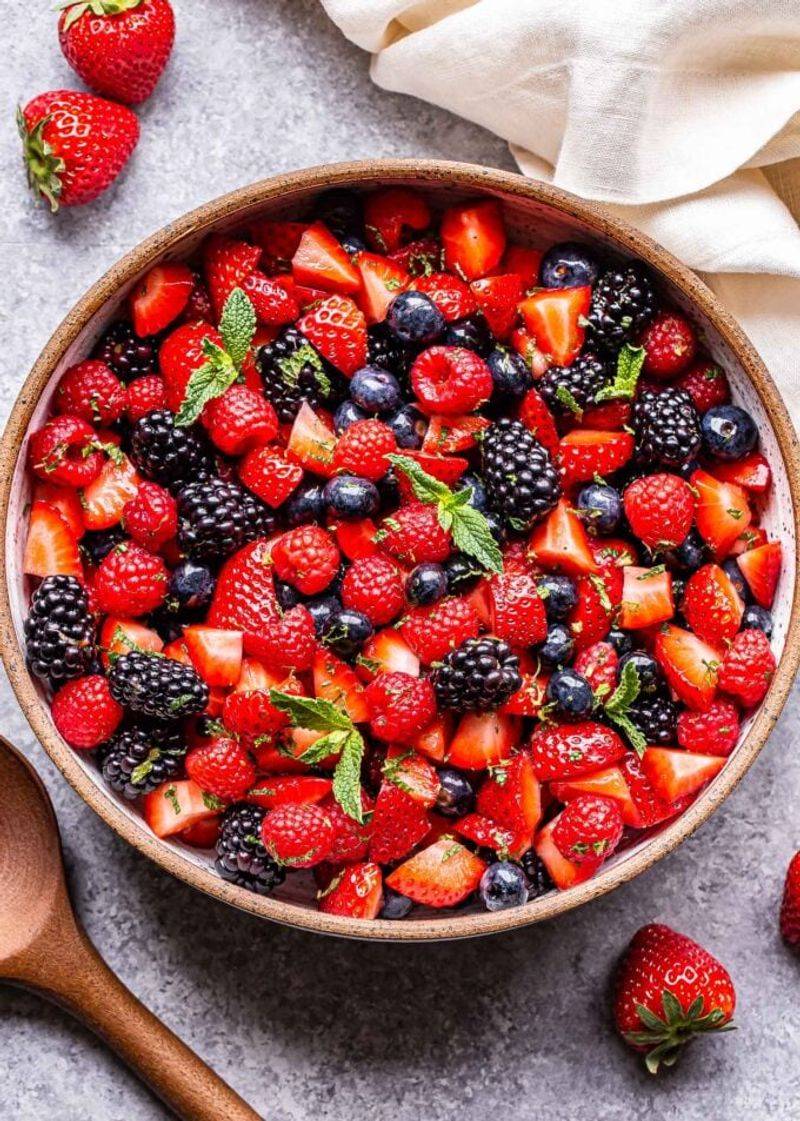
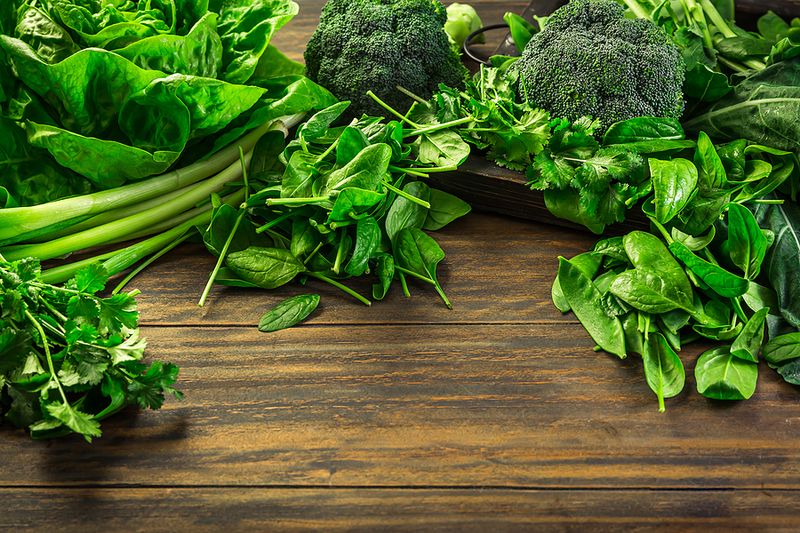

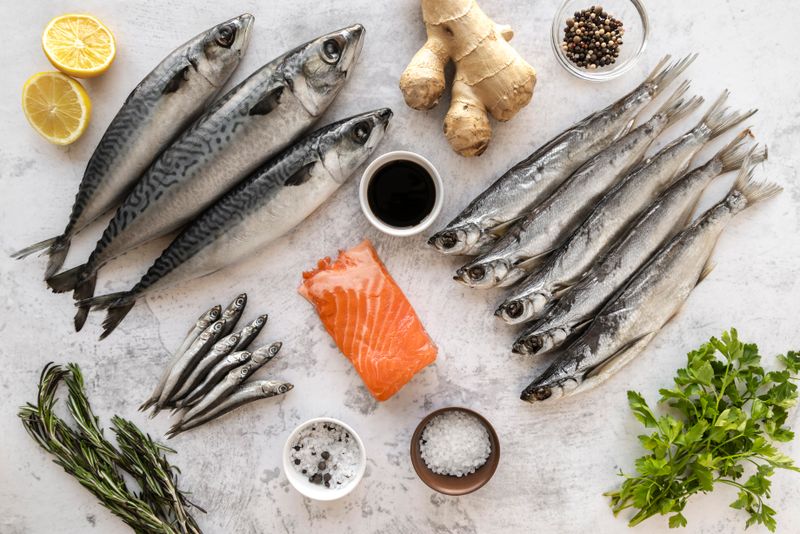
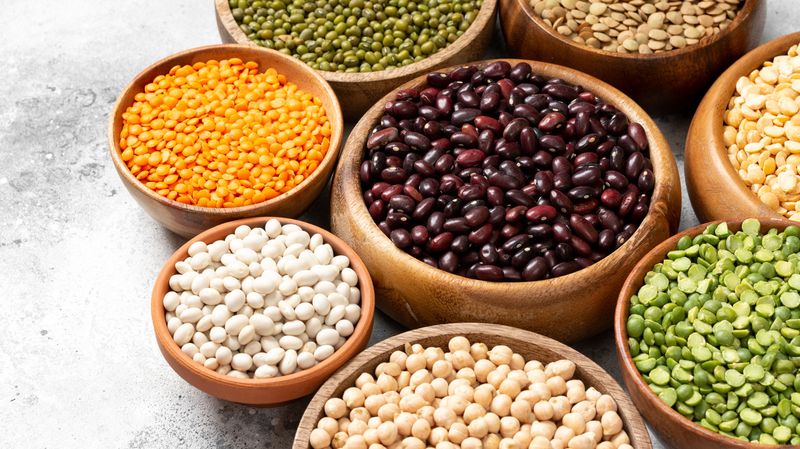
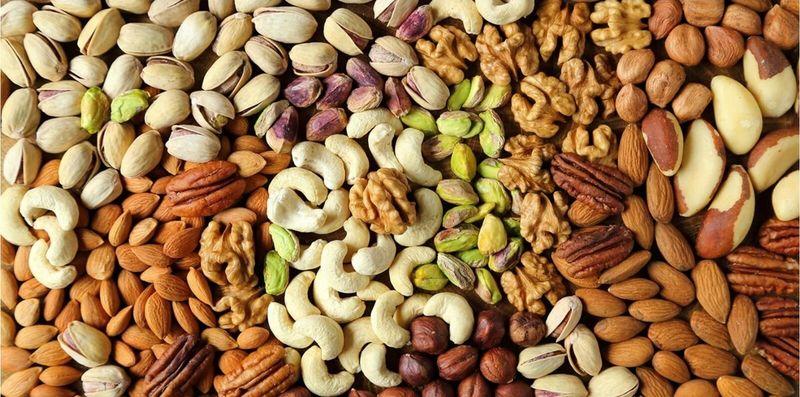
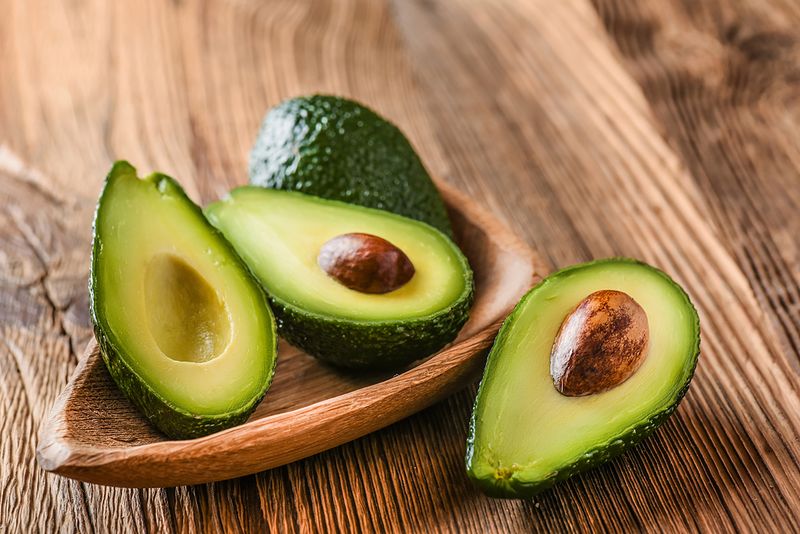
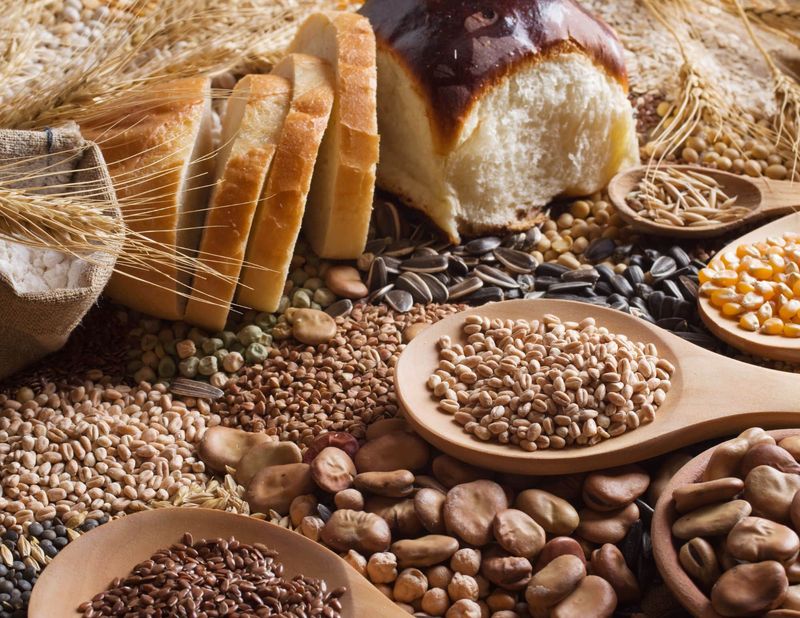
Leave a comment